The rise of algorithms, big data and especially generative AI is creating a virtual world with unparalleled soft power in shaping perceptions, coordinating behavior and even manipulating the economic, cultural, political and social realities of countries around the world.
In this “virtual empire”, the concept of “truth” is at risk of being erased. With the support of large language models (LLMs) and advanced Deepfake technology, the boundary between real and fake, between truth and fiction is just a click away. Fake images, fake words, and fake events are no longer crude graphic products that are easily detected, but have reached a level of authenticity that is indistinguishable to the naked eye and ordinary headphones.

Illustration photo.
A fake video of a national leader giving a speech, a staged image of a riot in a peaceful locality, or a fabricated voice recording for malicious purposes... can all spread rapidly, strongly, uncontrollably, overcoming all geographical borders and traditional censorship barriers, causing serious social disruption and directly threatening national security.
Hostile forces and transnational criminal groups are exploiting AI as an unprecedented and difficult-to-control attack weapon, conducting " peaceful evolution" campaigns in the digital space, promoting "self-evolution" and "self-transformation" internally, eroding people's trust in the regime and causing economic, political and social instability.
This context requires Vietnam to establish "digital boundaries" - legal, technical and ethical red lines that all activities of using, developing AI and especially collecting, using and processing data must comply with to protect national sovereignty and security, to protect the Fatherland early and from afar in the new era. To build an effective defense strategy, it is necessary to redefine and clarify the fundamental concepts of sovereignty, which have fundamentally changed under the impact of technology.
First, national digital sovereignty. Digital sovereignty is not just the right to control the physical infrastructure of the internet. In the modern context, it is the sovereign right of a nation to manage, control and decide on data, cyberspace and socio-economic activities taking place on digital platforms within its territory, as well as the right to protect its citizens from negative impacts from global cyberspace. It includes jurisdiction over Vietnamese citizens' data, the right to impose legal regulations on cross-border platforms operating in Vietnam, and the ability to be technologically autonomous so as not to be dependent or "turned off" by foreign technology corporations.
Second, data sovereignty. Data is identified as a special national resource, the most important "input material" of the digital economy and a strategic asset. Vietnam's legal framework has concretized this concept by affirming that the State has a policy of mobilizing all resources to enrich data and develop data into assets. Data sovereignty is demonstrated through the State's right to manage, classify and control important types of data related to national security, especially in cross-border data transactions.
Third, national AI sovereignty. This is an extended concept from digital sovereignty, referring to a country's ability to master AI technology and control algorithms operating on its national territory. AI sovereignty requires Vietnam to not only be a technology consumer but also a creator and controller of technology, including owning computing infrastructure, mastering large Vietnamese language models to protect national identity and ensuring that AI systems do not operate contrary to national interests.
"Red lines" in the use of AI are absolute limits that must not be crossed. In the context of Vietnam's socio-political situation, these lines include: Strictly prohibiting the use of AI to sabotage the State, violate national security and social order and safety; strictly prohibiting the use of AI to distort history, deny revolutionary achievements, and divide national solidarity; strictly prohibiting the use of AI to illegally violate citizens' privacy, dignity, and sensitive personal data; strictly prohibiting the transfer of core national data abroad without impact assessment and approval from competent authorities.
The "red line" is not a closure, isolation or obstacle to development, but it is the establishment of sovereignty so that Vietnam can integrate internationally proactively, confidently and safely in the digital age. Success in maintaining this line will determine Vietnam's ability to protect the Fatherland and realize its aspiration to become a developed, high-income country by 2045.
People's Army Newspaper
Source: https://baolaocai.vn/lan-ranh-do-trong-the-gioi-ao-post887657.html




![[Photo] President Luong Cuong attends the 50th Anniversary of Laos National Day](/_next/image?url=https%3A%2F%2Fvphoto.vietnam.vn%2Fthumb%2F1200x675%2Fvietnam%2Fresource%2FIMAGE%2F2025%2F11%2F27%2F1764225638930_ndo_br_1-jpg.webp&w=3840&q=75)


![[Photo] Prime Minister Pham Minh Chinh chairs the 15th meeting of the Central Emulation and Reward Council](/_next/image?url=https%3A%2F%2Fvphoto.vietnam.vn%2Fthumb%2F1200x675%2Fvietnam%2Fresource%2FIMAGE%2F2025%2F11%2F27%2F1764245150205_dsc-1922-jpg.webp&w=3840&q=75)


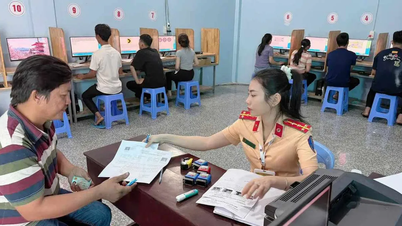

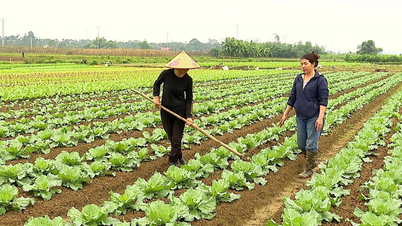
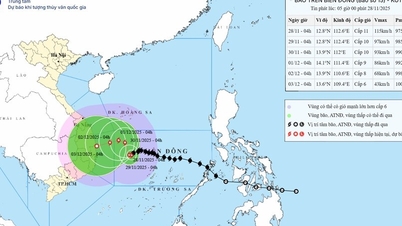

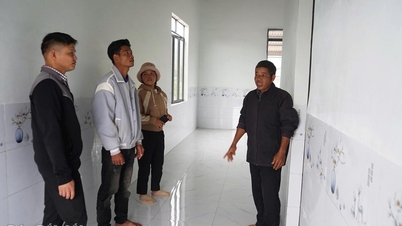






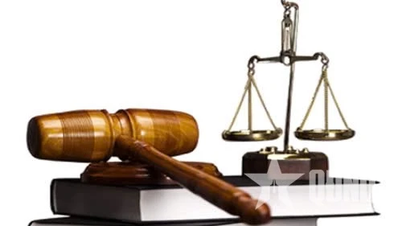
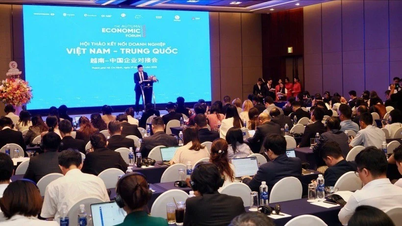
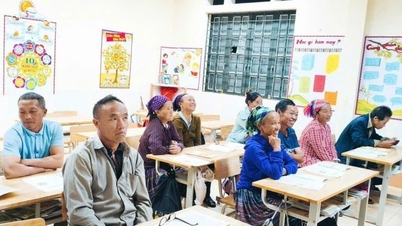
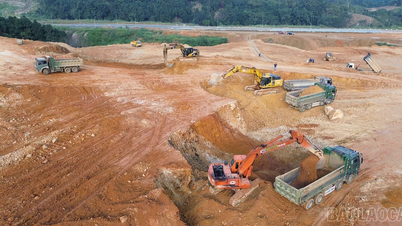
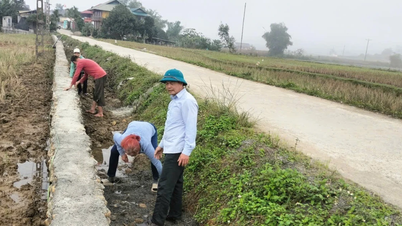





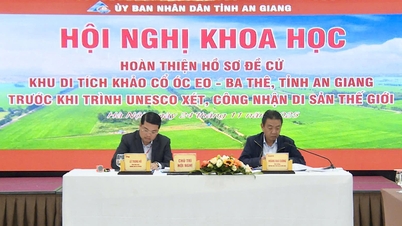







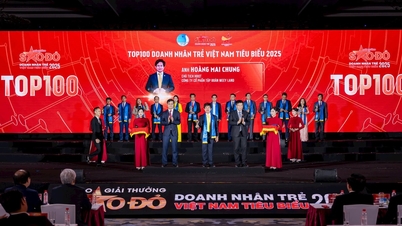





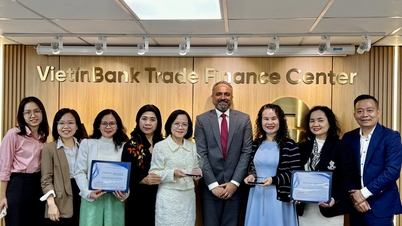






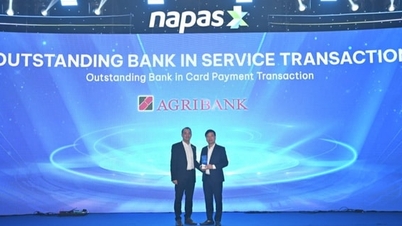









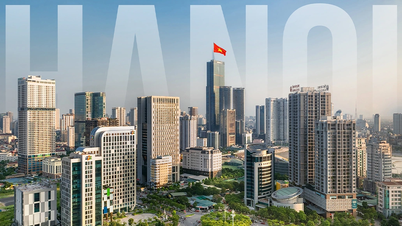



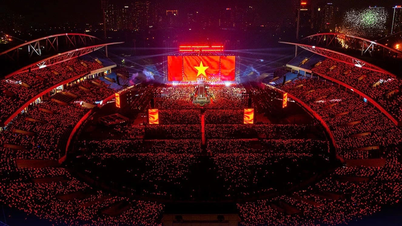



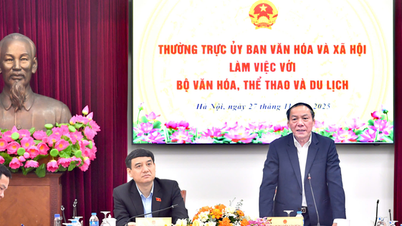


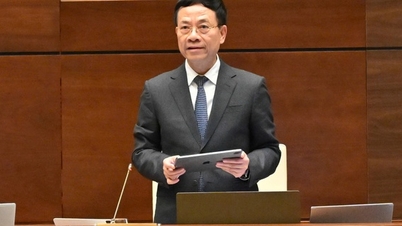

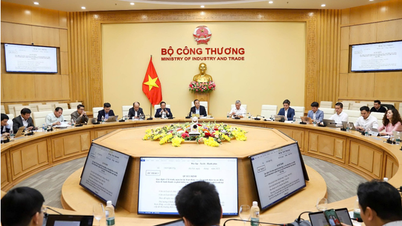

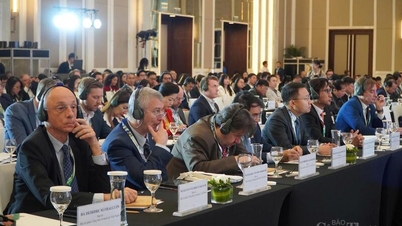
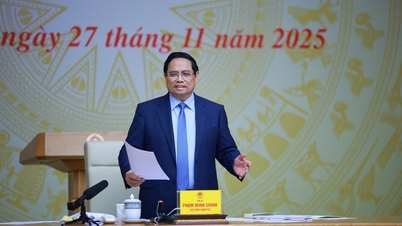


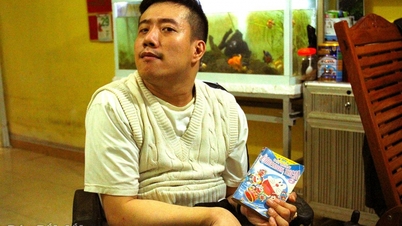
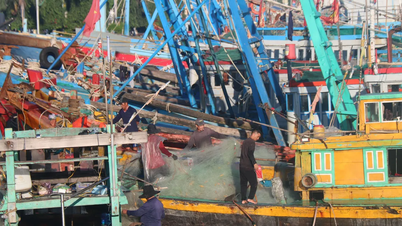













Comment (0)